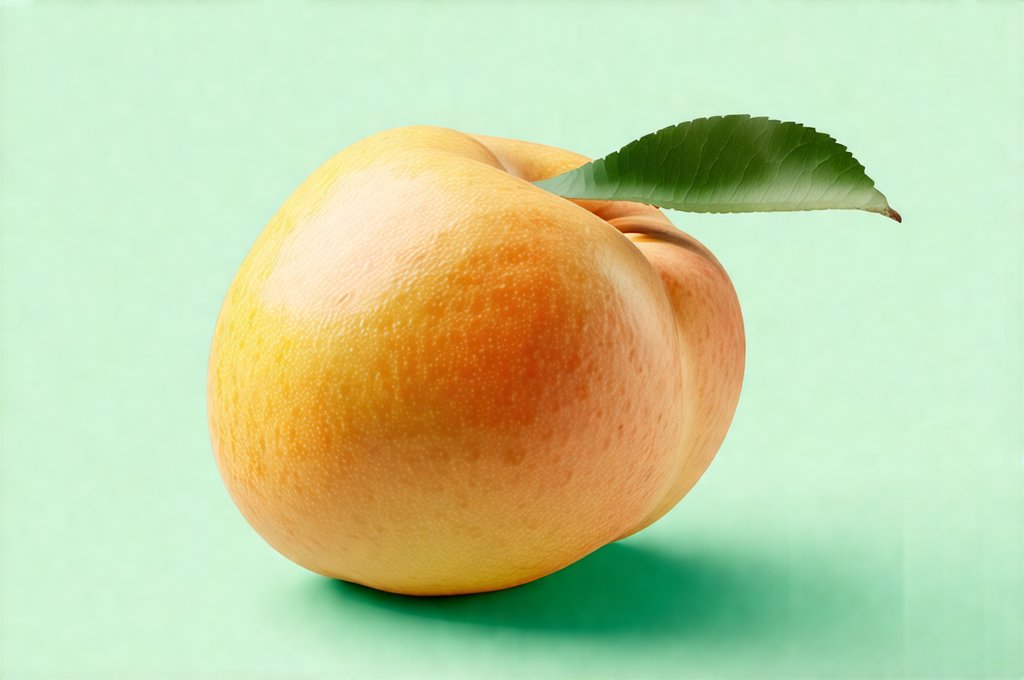The experience of enjoying fruit is often tied to its peak ripeness – that moment where sweetness is maximized and texture is just right. But what happens as fruits move beyond that ideal stage? Many people intuitively feel that overripe fruit is gentler on the digestive system, easier to tolerate, particularly when dealing with sensitivities or conditions like Irritable Bowel Syndrome (IBS). This perception isn’t unfounded; the biochemical changes occurring during ripening and subsequent overripening significantly alter a fruit’s composition, impacting how our bodies process it. Understanding these alterations is key to appreciating why this intuitive feeling often holds true, though the nuances are complex and depend heavily on individual tolerance and specific types of fruit.
However, it’s crucial to differentiate between “ripe” and “overripe.” A ripe fruit has reached its optimal flavor and texture, while an overripe fruit has passed that point, often exhibiting softer textures, altered colors (like browning), and potentially even fermentation in some cases. The transition isn’t always smooth, and the degree of overripeness matters significantly. While generally more digestible, severely overripe fruit can sometimes cause issues due to increased sugar content or fermentation by-products. This article will explore the science behind why overripe fruits can be easier on the gut for many individuals, examining the changes in carbohydrate composition, fiber breakdown, and enzyme activity, while also acknowledging potential downsides and individual variations.
Carbohydrate Changes & Gut Friendliness
As fruit ripens, complex carbohydrates – primarily starch – are broken down into simpler sugars like fructose, glucose, and sucrose. This process is driven by enzymes naturally present within the fruit itself. When a fruit becomes overripe, this enzymatic activity continues, leading to an even greater proportion of simple sugars. For many people with digestive sensitivities, particularly those sensitive to FODMAPs (Fermentable Oligosaccharides, Disaccharides, Monosaccharides and Polyols), this can be beneficial. Complex carbohydrates and certain sugar alcohols are often poorly absorbed in the small intestine, leading to fermentation by gut bacteria and subsequent gas, bloating, and discomfort.
The increased simple sugar content in overripe fruit means less undigested carbohydrate reaching the colon, potentially reducing these symptoms. This isn’t a universal rule; fructose malabsorption is relatively common, and excessive fructose intake (even from simpler sources) can still trigger issues for those affected. However, the shift towards readily digestible sugars generally makes overripe fruits easier to process for a wider range of people. Furthermore, the breakdown of starch also alters the fruit’s glycemic index – how quickly it raises blood sugar levels. While not directly related to gut comfort, this change can be significant for individuals managing diabetes or insulin resistance. Understanding the effects of antibiotics on gut health may also influence these considerations.
The softening of the fruit’s texture is another consequence of carbohydrate breakdown; enzymes are actively dismantling cell walls. This reduced structural complexity requires less digestive effort from our bodies. Think about trying to digest a firm apple versus a mushy, overripe pear – the latter clearly demands less work from your system. This difference can be particularly noticeable for those with compromised digestive function or conditions that affect nutrient absorption. It’s important to consider how lifestyle factors like stress impact gut motility as well.
Fiber Alterations & Easier Digestion
Fiber is essential for gut health but can also contribute to digestive distress in certain individuals. Overripening leads to a breakdown of both soluble and insoluble fiber, though the extent varies depending on the fruit type. This isn’t about eliminating fiber entirely; rather, it’s about modifying its structure. Insoluble fiber provides bulk and aids in regularity but can be irritating for those with IBS or diverticulitis. As it breaks down, its abrasive qualities diminish.
Soluble fiber, which dissolves in water to form a gel-like substance, is generally more well-tolerated. However, even soluble fiber can cause issues if consumed in large quantities before the gut microbiome has adapted. Overripe fruit often presents a smaller overall amount of intact fiber due to this breakdown, potentially reducing the likelihood of these symptoms. It’s important to note that complete elimination of fiber isn’t desirable; it’s about finding a balance and understanding individual tolerance levels. The impact of diet diversity on gut health is crucial here too.
The altered fiber structure also impacts fermentation rates. While some fermentation is healthy (producing beneficial short-chain fatty acids), excessive fermentation can lead to gas and bloating. By reducing the amount of undigested fiber reaching the colon, overripe fruit may lessen this fermentative activity for sensitive individuals. This doesn’t mean that all fiber breakdown is positive; a significant loss of fiber reduces some of its protective benefits.
Enzyme Activity & Enhanced Digestion
Fruits contain naturally occurring enzymes that aid in their own digestion and contribute to the breakdown processes we’ve already discussed. Amylase breaks down starch, pectinase softens cell walls, and cellulase degrades cellulose (a component of plant cell walls). As fruits overripen, the activity of these enzymes increases, further accelerating the breakdown of complex carbohydrates and fiber. This enzymatic pre-digestion can significantly reduce the workload on your own digestive system.
Consider papaya or mango – both known for their naturally high enzyme content. When overripe, these fruits become even more potent in their ability to break down proteins and carbohydrates. This is why they are sometimes recommended (though always with caution and professional guidance) as a digestive aid. However, it’s also important to acknowledge that excessive enzymatic activity can lead to textural changes that some find unpleasant.
Furthermore, the increased enzyme content isn’t just about breaking things down; it may also contribute to the production of compounds that support gut health. For example, certain enzymes involved in carbohydrate metabolism produce small amounts of vitamins and antioxidants as byproducts, further enhancing the nutritional value of overripe fruit. However, this is a complex area requiring more research. Understanding the effects of antibiotics on gut flora can influence how we view enzyme activity too. The effect of alcohol on gut microbiota could also play a role in enzymatic processes.
It’s important to reiterate that these are general trends and individual responses can vary widely. What works for one person may not work for another, and it’s crucial to listen to your body and adjust your diet accordingly. If you have underlying digestive conditions, consulting with a registered dietitian or healthcare professional is always recommended before making significant changes to your diet.


















